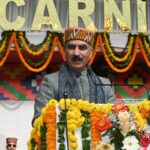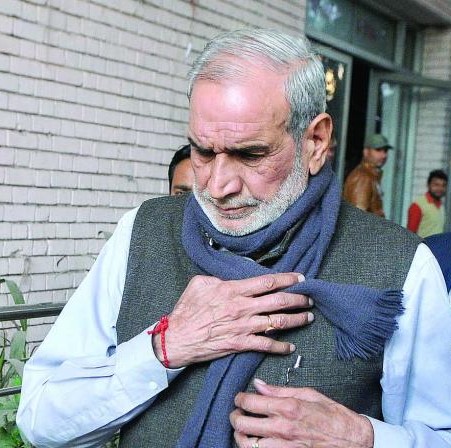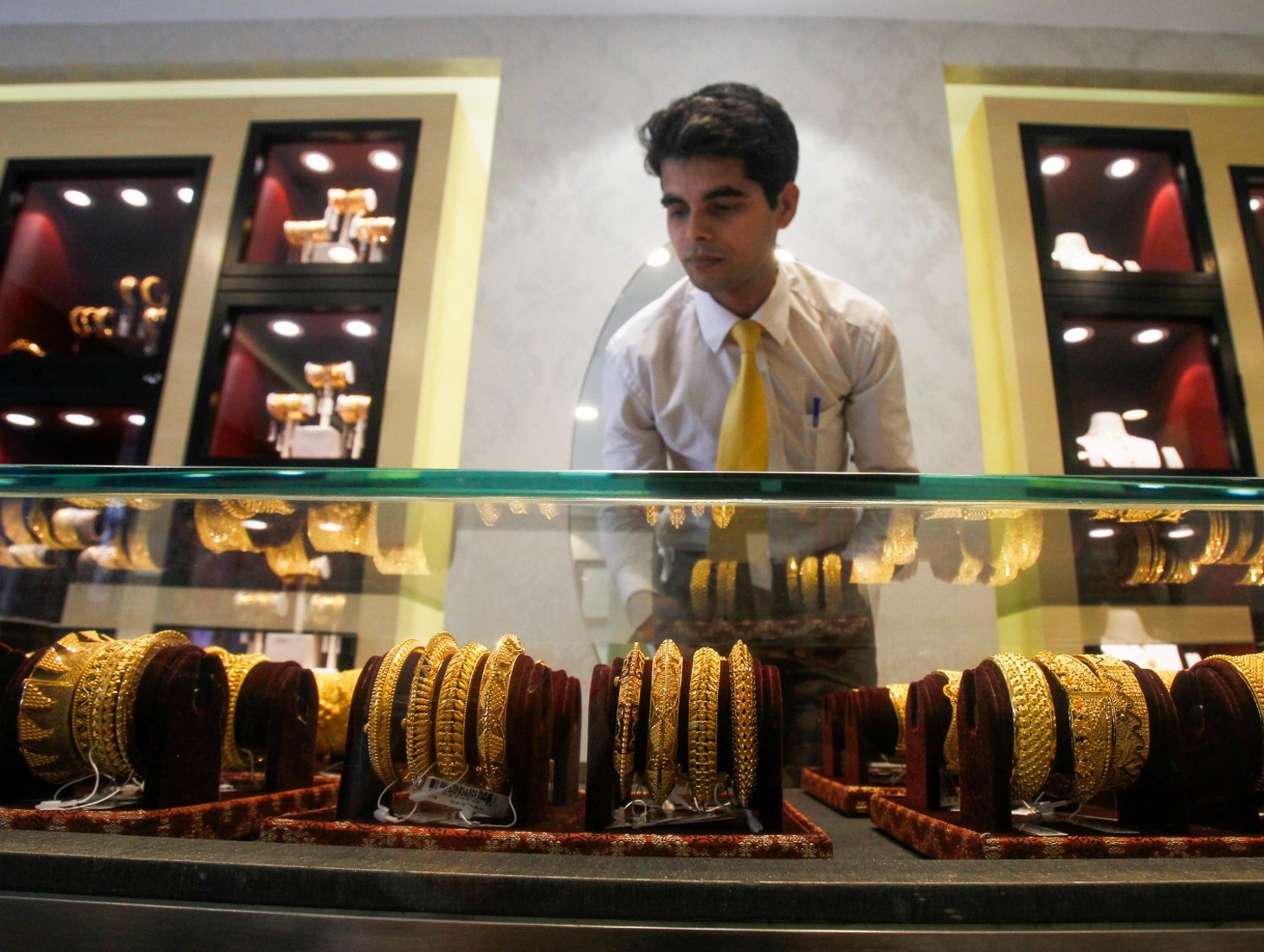The North News
New Delhi, February 12
A Delhi court on Wednesday convicted former Congress MP Sajjan Kumar for his role in the killing of a father and son during the 1984 anti-Sikh riots in the capital’s Saraswati Vihar area. He is already serving a life sentence in a separate riots case linked to violence in Delhi Cantt. The court will hear arguments on sentencing on 18 February. The case relates to the murder of Jaswant Singh and his son Tarundeep Singh on 1 November 1984, days after the assassination of then-Prime Minister Indira Gandhi, which triggered widespread anti-Sikh violence.
According to prosecutors, a special investigative team found that Sajjan Kumar led the mob that attacked the victims’ home, setting it ablaze, looting property, and assaulting family members. Witness testimonies, including from the complainant who later identified Kumar, detailed the mob violence and the killings. The complainant also said her sister-in-law later died from injuries sustained in the attack. The case is among many efforts to hold perpetrators accountable for the mass killings of Sikhs in 1984.
An initial the case was registered at Punjabi Bagh police station but was later transferred to the special investigative team formed on the recommendation of the Justice G.P. Mathur Committee. The committee had pushed for reopening 114 cases, including this one.
In December 2021, the court charged Sajjan Kumar under multiple sections of the Indian Penal Code, including those relating to murder, rioting, and arson. Senior advocate H.S. Phoolka, representing riot victims, cited the Delhi High Court’s earlier ruling in a separate case that termed the 1984 riots “a crime against humanity.” He argued that the violence amounted to genocide, referring to international legal precedents and the Geneva Conventions.
Kumar’s lawyer, however, questioned the legitimacy of applying international law, arguing that his client’s name was absent from early investigations. He also pointed to a 16-year gap before a witness named Kumar in the case and noted that his conviction in a separate riot case is currently under appeal at the Supreme Court.
















